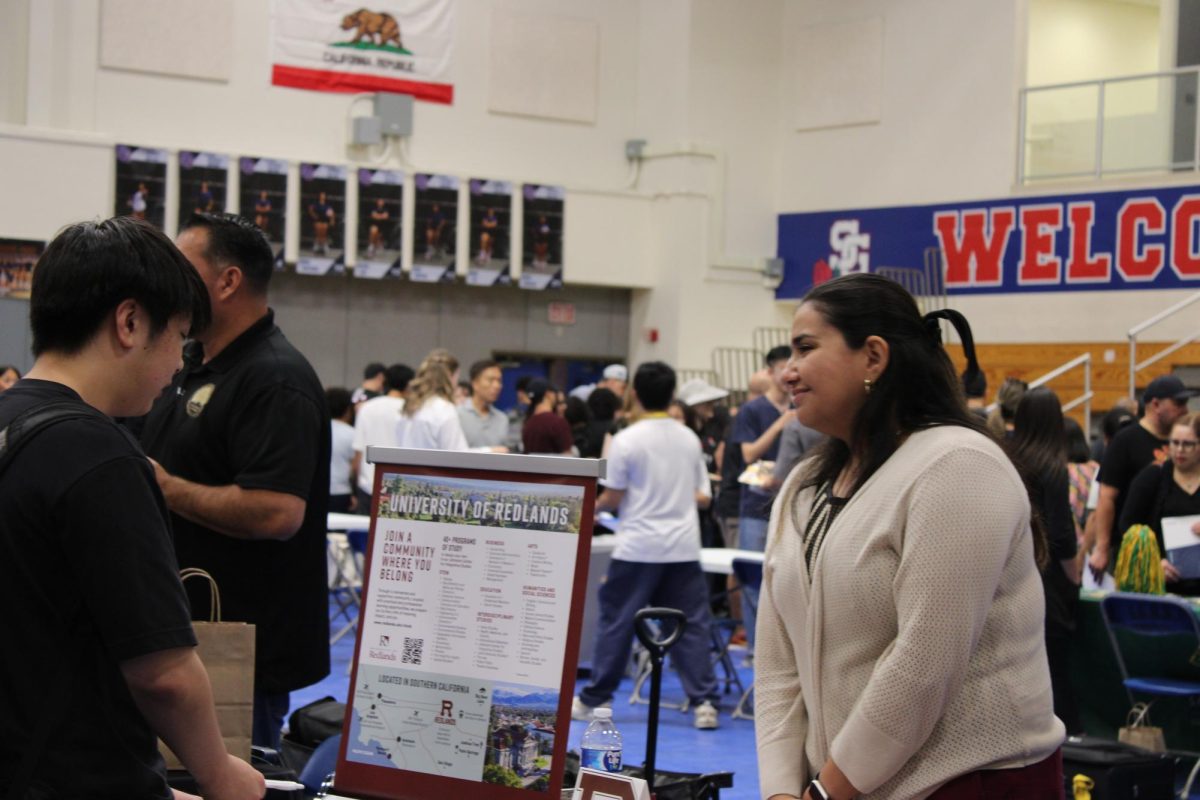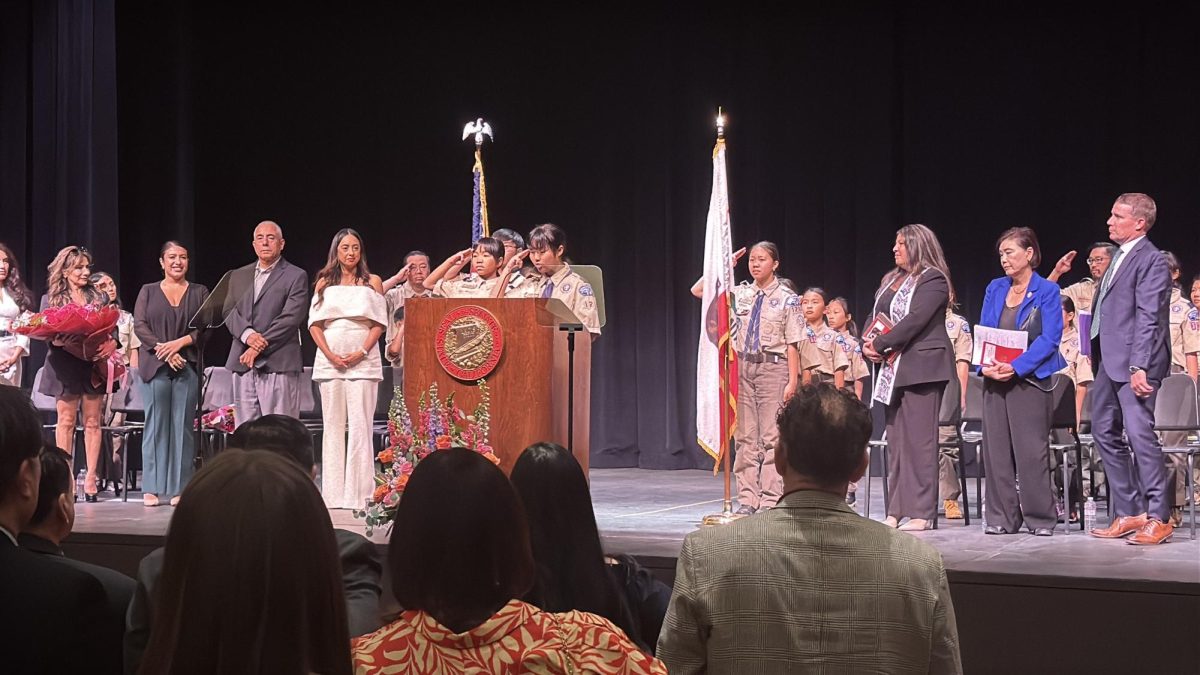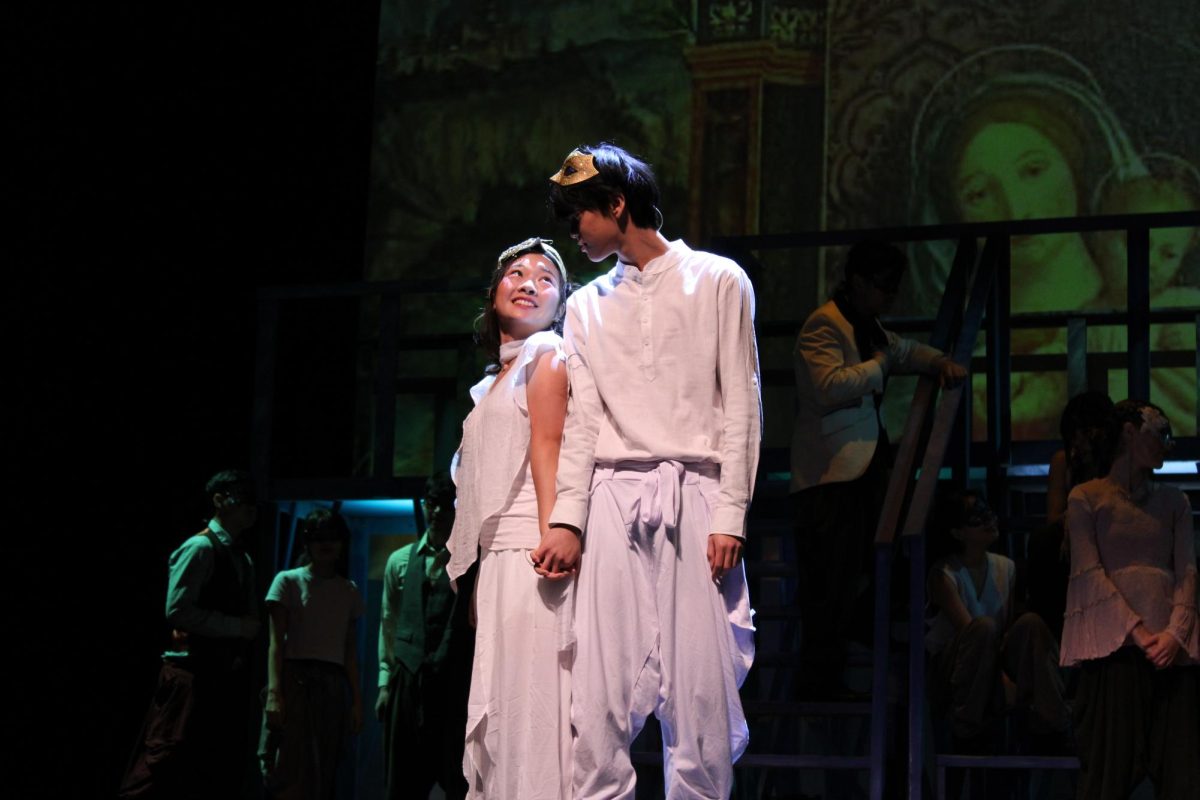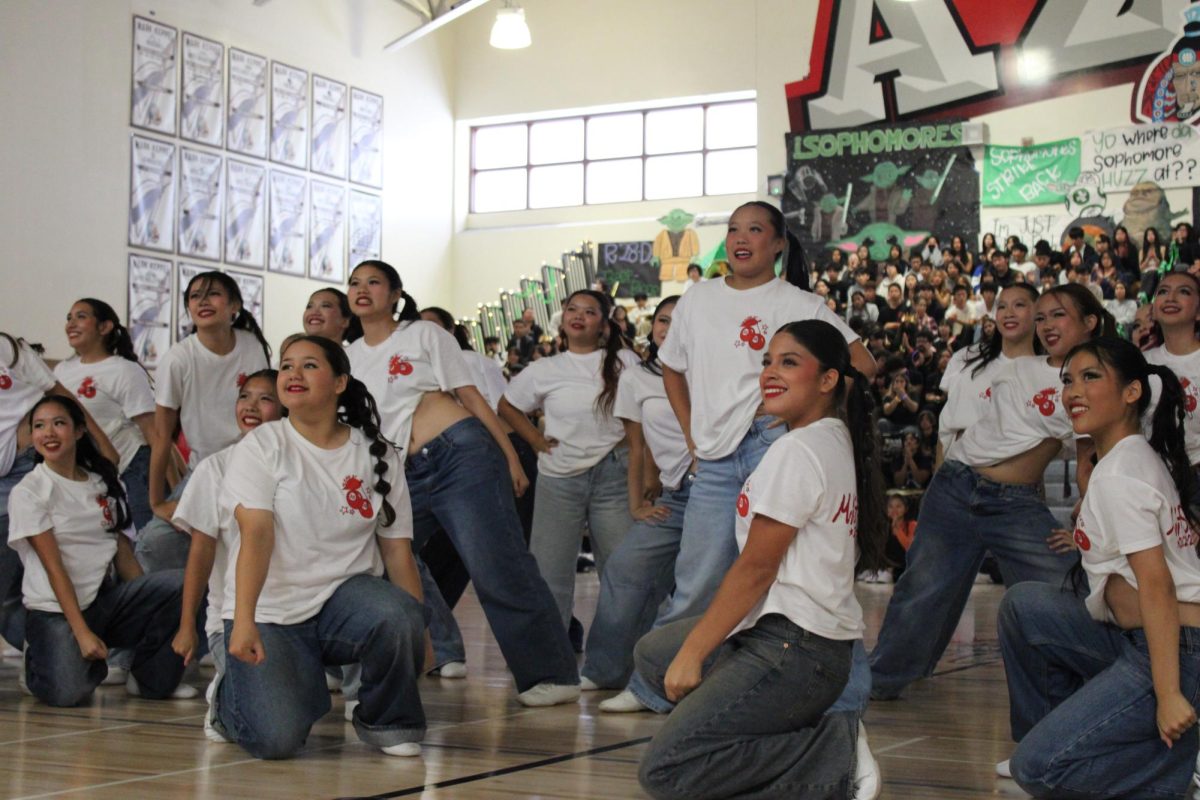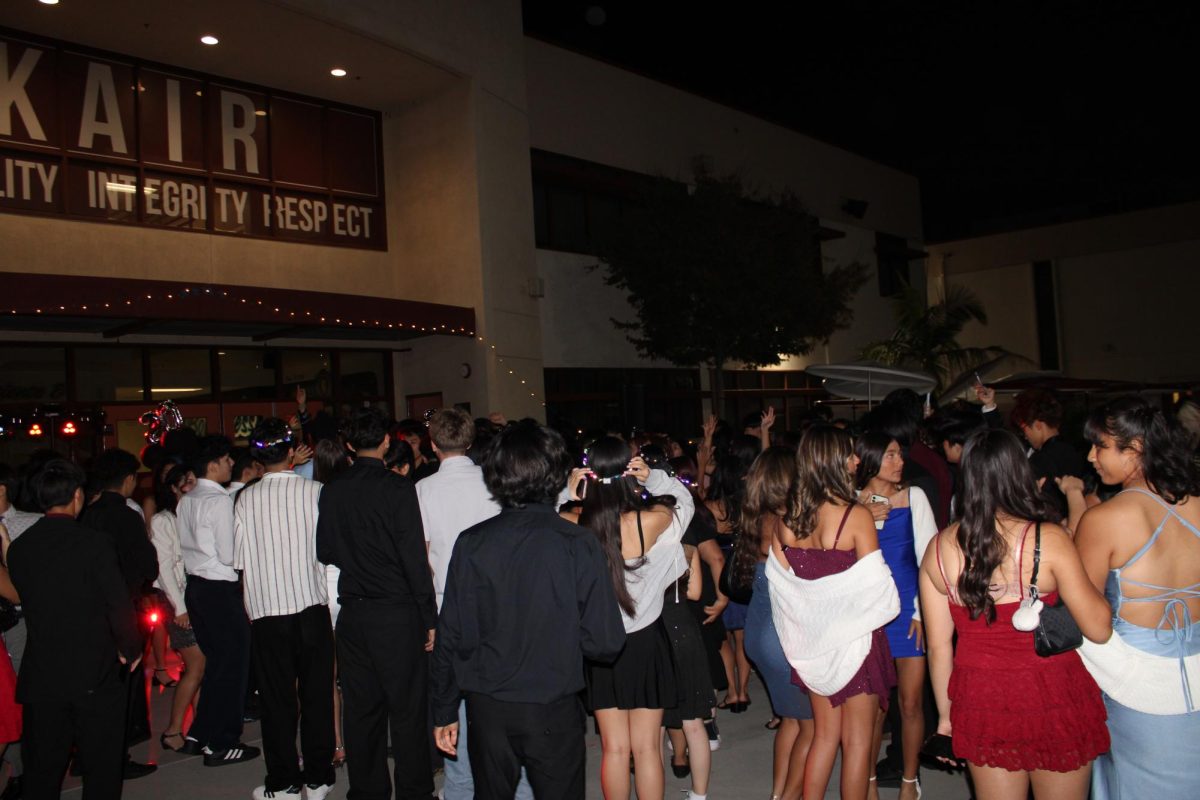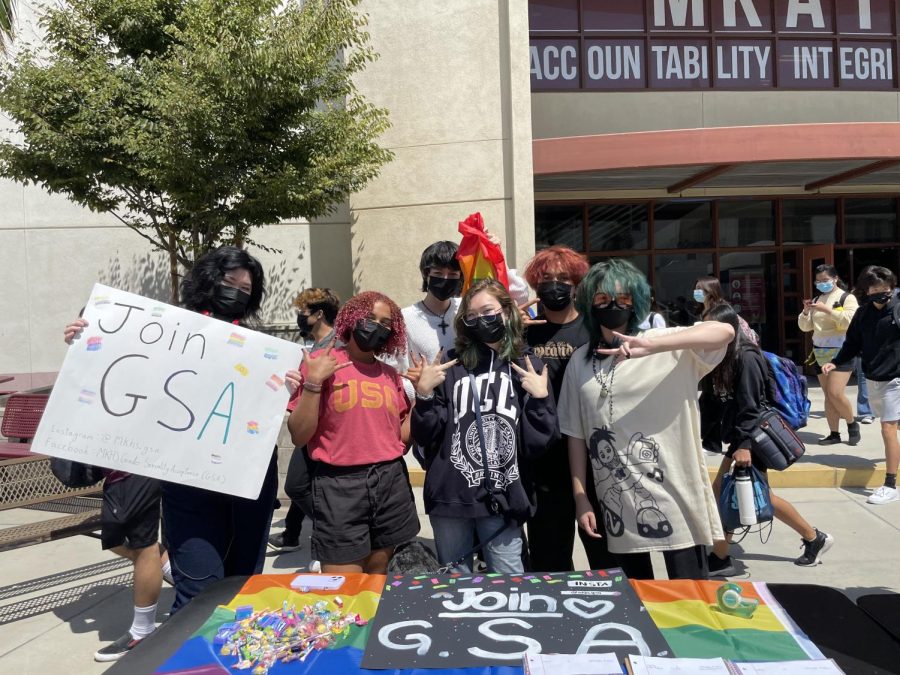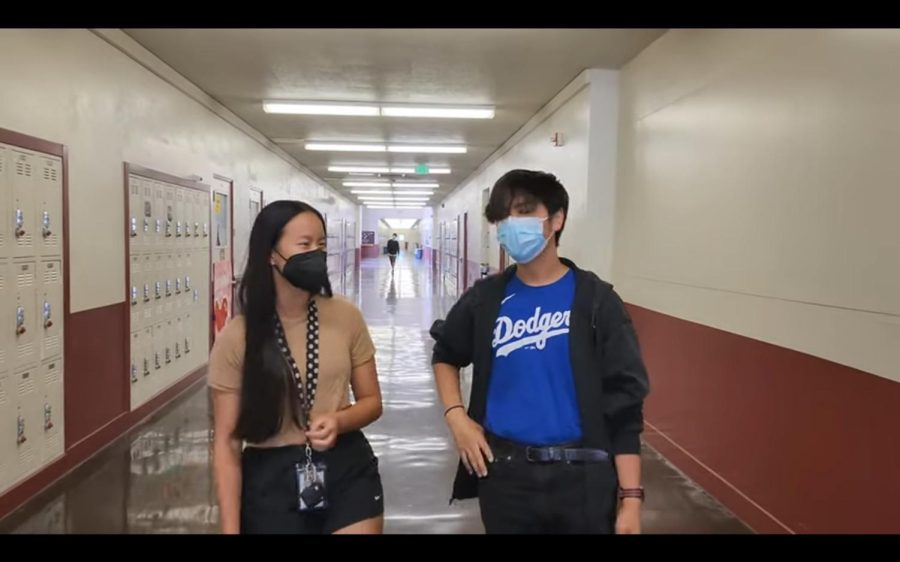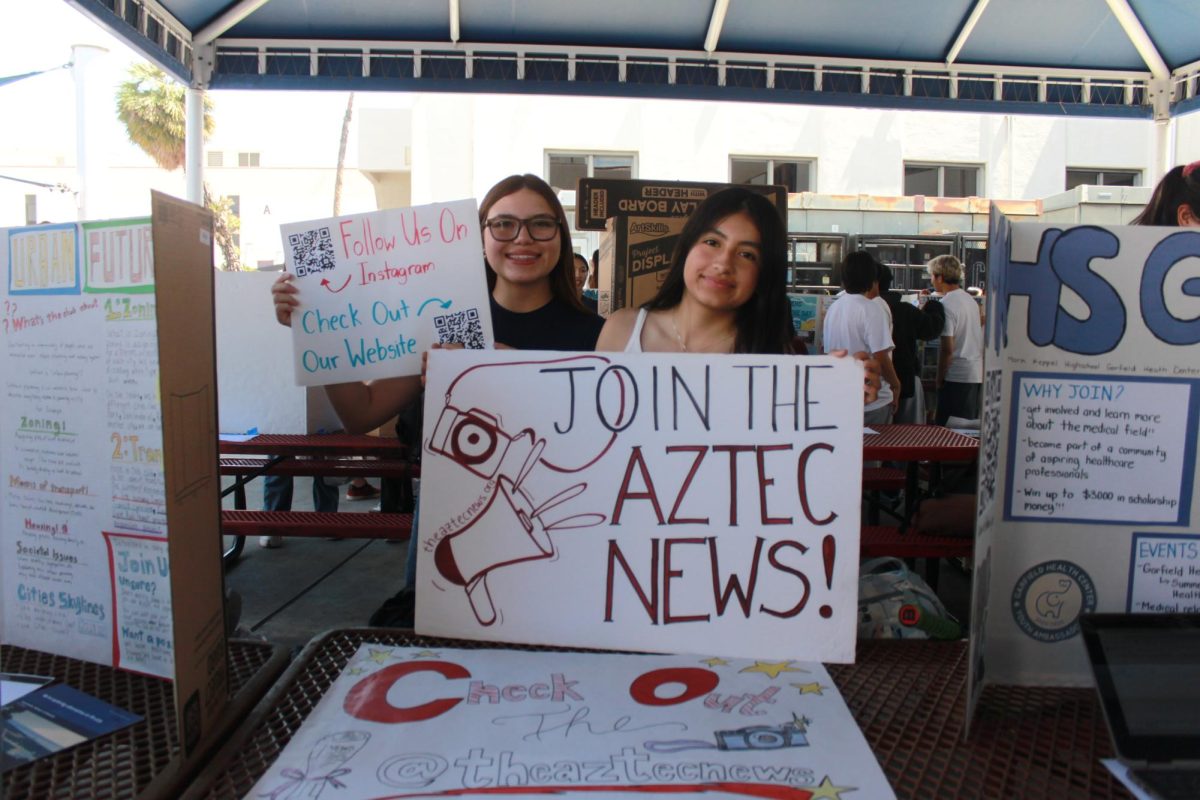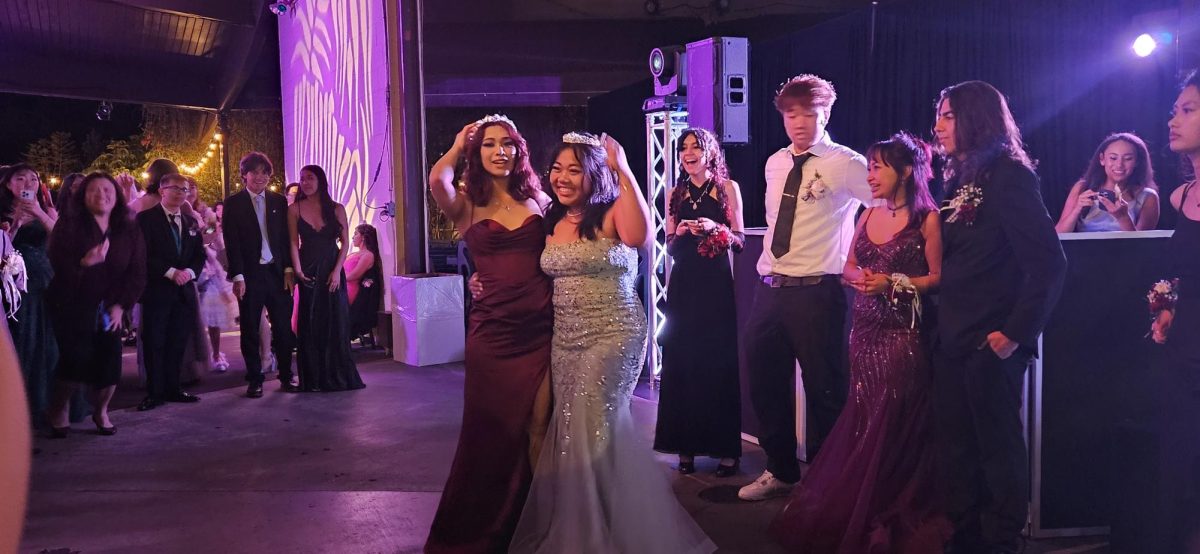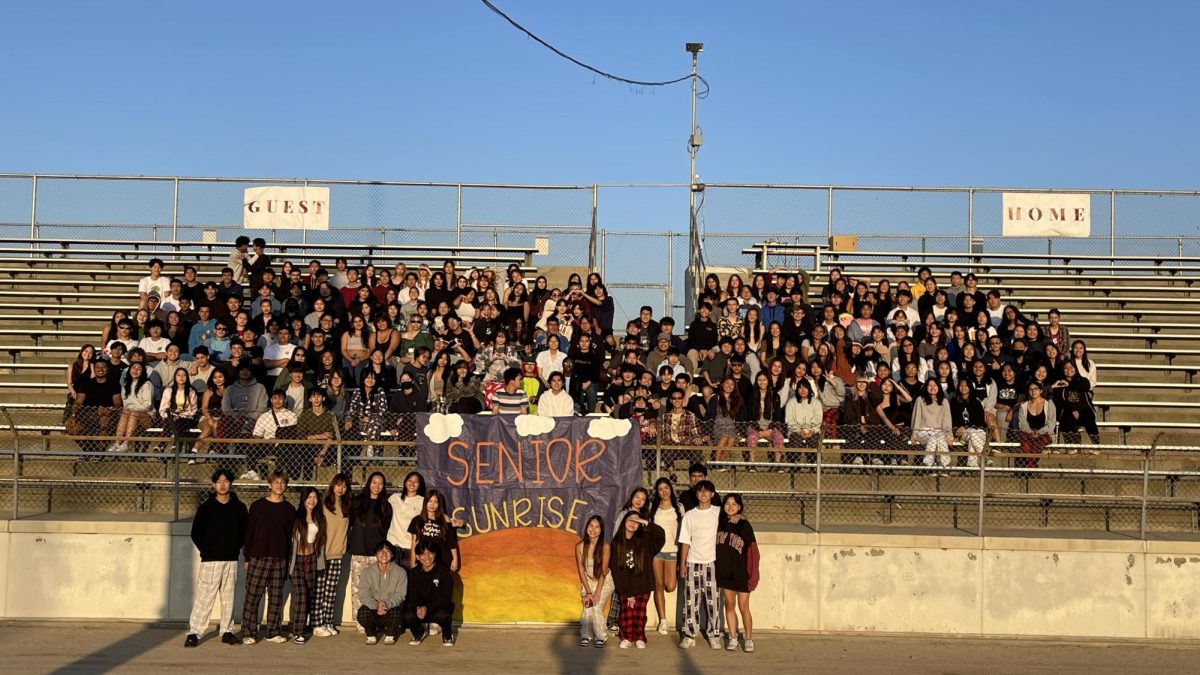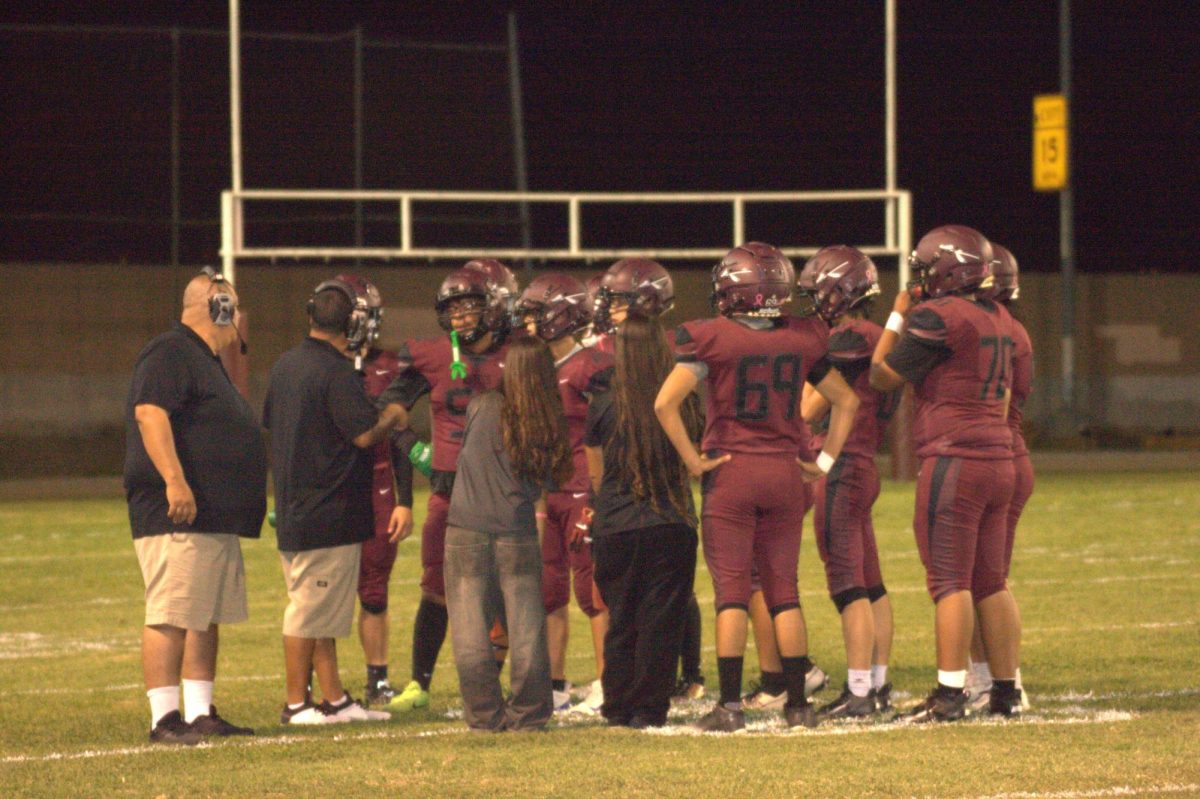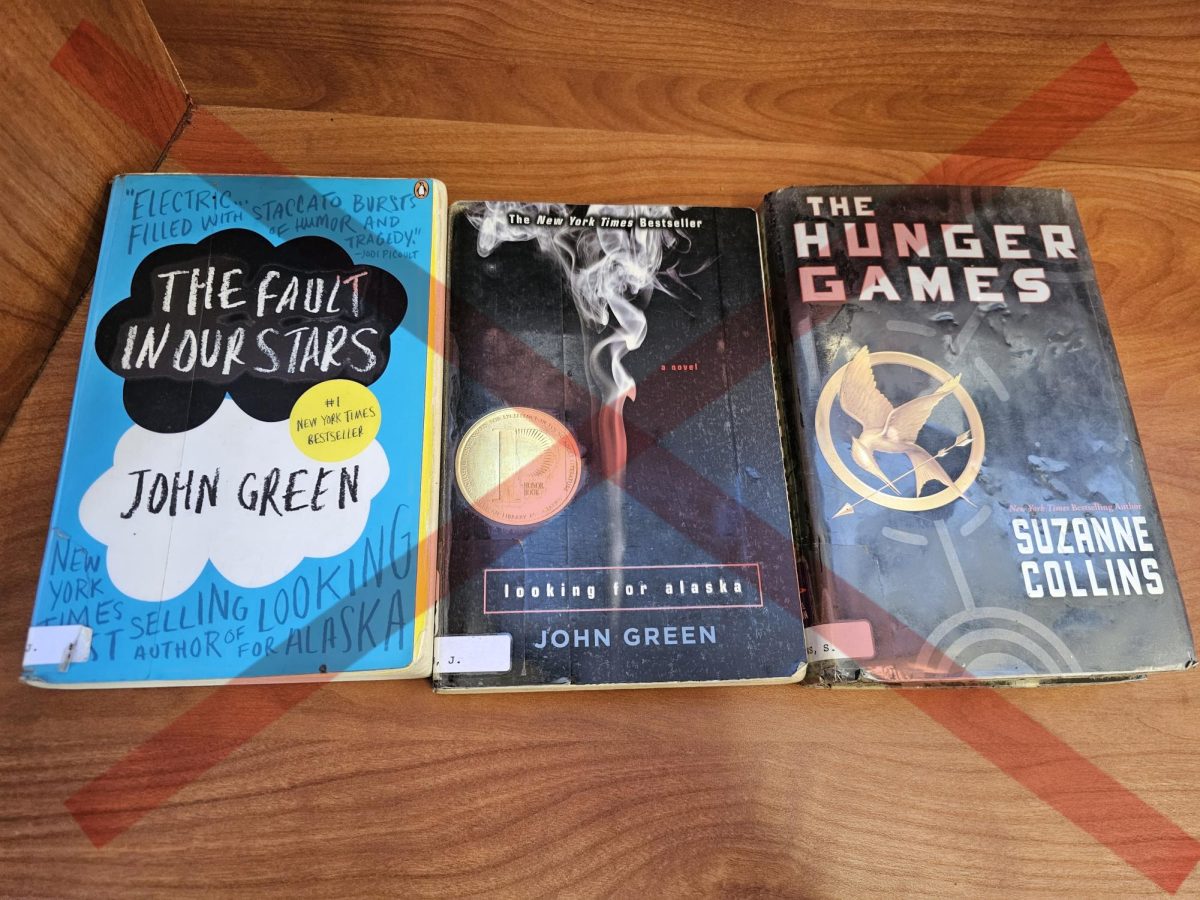Banned Books Week occurs during the first week of October and is an annual event where people around the world commemorate the right to read and shine a light on past and present attempts to ban certain books in libraries and schools. Many of the reasons behind censorship of books goes to the topic of gender identity, sexual content, racial issues, and sexual orientation, which is such a conflicted topic that it causes a vast difference in opinion on where, how, and if these books should be censored.
As a librarian at Mark Keppel High School, Cindy Vernon has always been against banning books and censorship of any kind. As a parent, Vernon allows her daughter to read what she wants, and has many banned books available in her library. Vernon doesn’t believe there are any valid reasons for banning books, recounting her time working in a public library that “had playboy magazines, Mein Kampf, all kinds of things.” Vernon believes that banning books prevents access to materials that discuss social issues and ‘controversial themes’ which not only cheats people from learning about others but from seeing themselves represented in literature.
Many banned books cite age-appropriateness as an issue, which is less of a problem in a school where students range anywhere from 14 years-old to 19 years-old. This means the library can have more mature themes than if it were an elementary school, more freedom, and kids these ages have the wherewithal to decide for themselves what they can handle. When Vernon was just out of Library School, there were no policies on purchasing or challenging books, so librarians developed them, with the help of Dr. Denise R. Jaramillo, the current Superintendent of the Alhambra Unified School District. The school district as a whole is vehemently against censorship and banning books and supports librarians having a balanced collection of books, believing that it is important to have different points of view and be representative of the student body.
When asked, Vernon said that one of her favorite banned books that she has in the library is any of the Harry Potter books, which since their release have been banned or attempts have been made to ban the books for their magic and non-Christian values. Harry Potter was banned so much that it led to the creation of the Children’s Best Sellers list due to the series staying in the top spots of the Best Sellers’ List. The Harry Potter series are some of the most banned books in existence.
According to an article by Jayasha Patel, a news correspondent for the American Broadcasting Company (ABC), the Huntington Beach City Council passed a decree that limits children’s access to books in the city’s library system. The proposal drew criticism from the First Amendment Coalition, the Freedom to Read Foundation and American Civil Liberties Union who co-signed a letter to the City Council opposing this measure. The argument was that the council was restricting freedom of speech and it should be the parents’ decision whether or not to allow their children to read certain books.
It was also argued that the proposal was vague, that sexual content could be found anywhere, in Romeo and Juliet, the Great Gatsby, even the Bible, and yet they were not looking to ban those books. Book bans have become so popular that President Joe Biden even created a role within the Department of Education specifically focused on this issue, and Illinois even became the first state to ban book bans.
Censorship is not only an issue in America, but in foreign countries as well. Sham Adam, a student teacher at Keppel knows all too well what living in a country so focused on censorship can be like. Adam relates the issue of censorship in Iraq and America by noting that both countries ban books no matter the content and both countries aim to suppress freedom of speech by banning books.
Adam goes on to comment that he doesn’t believe that there are any good reasons for censoring anyone’s ideas or suppressing their freedom of speech and claims that ideas are made to be expressed, shared, and discussed no matter what. Pertaining to age-appropriateness, Adam believes that parents should be responsible of what their children read, and children shouldn’t be reading something that negatively impacts their mental health. Young children may not be able to regulate their emotions and ideas should be introduced gradually.
Adam talks about his childhood growing up in Iraq. “It was isolating. Every content I had access to was controlled by the government and if you get caught reading something that goes against the regime, the men go to prison and the rest of the family suffers.” The only books that were allowed in his home country were ones that praised the regime and offered an alternative reality to the world, one that makes Iraq look good. Adam hadn’t even decided to become a teacher until a few years ago after going through a cycle of career choices. Adam said that he wants to help cultivate students’ voices, especially those who are underrepresented. Adam believes censorship keeps people from growing and learning and that no one should be kept from education.
Banned Books Week attempts to rectify the damage that is believed to have been caused by banning books and to highlight the works they believe will have a positive impact on the world and have a fundamental change on how people view themselves. Banned Books Week celebrates the ability as a person to be responsible for what you or someone you care for is able to read, not for the government to make these decisions.

